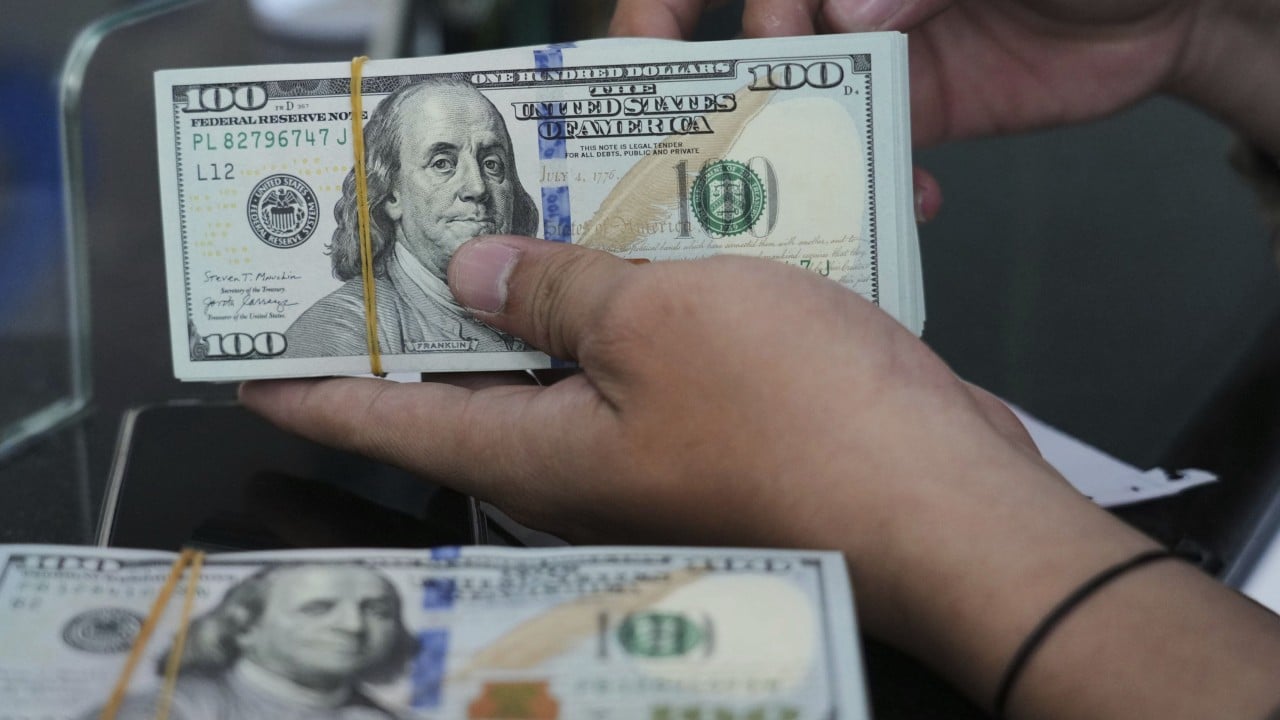In boardrooms and backstreets from Singapore to Hanoi, owners of Asia’s small and medium-sized enterprises had barely got over the shock of the pandemic’s economic upheaval when another disruption arrived – this time from Washington, in the form of new tariffs that risk upending cross-border commerce and livelihoods.
Advertisement
Following a series of hard-fought trade negotiations with the Trump administration, many Southeast Asian nations now find themselves confronting US tariffs ranging from 19 to 20 per cent, alongside additional, sector-specific duties targeting industries such as steel and semiconductors.
Compounding the challenge, US President Donald Trump’s government has imposed a separate 40 per cent punitive levy on transshipments – goods routed from high-tariff countries through low-tariff nations before being re-exported to the United States – in a move likely to hit Asian exporters reliant on Chinese components especially hard.
“A tariff-economy shock soon after a pandemic-economy shock will be disastrous for many enterprises,” warned Henrich Greve, academic director of the Centre for Entrepreneurship at INSEAD.
Economic shocks are not supposed to come so frequently and with such strength
“In a normal economy, economic shocks are not supposed to come so frequently and with such strength. Small and medium enterprises are much more vulnerable to tariffs than larger firms.”
Advertisement

